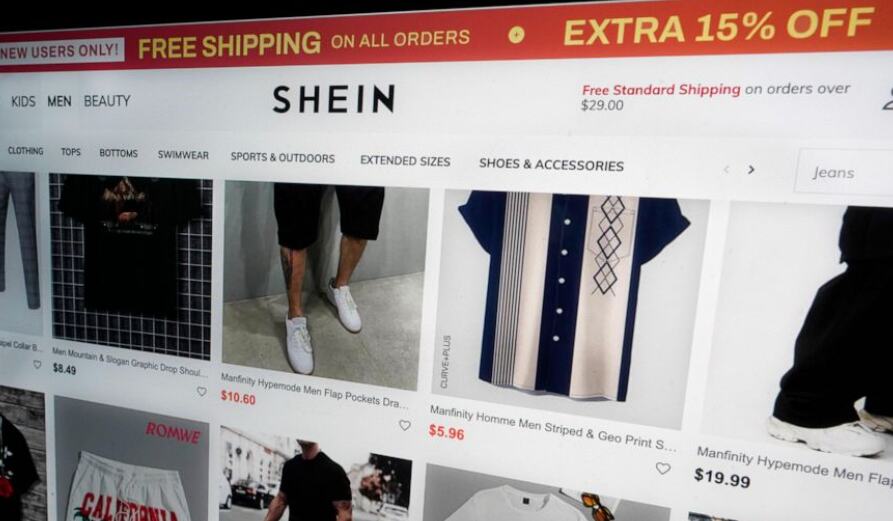Shein Faces Lawsuit for Aggressive Copyright Infringement and forced labour
China's fast fashion retailer, Shein, is facing a lawsuit alleging aggressive copyright infringement and racketeering. The company is also under scrutiny for potential forced labor practices involving the Uyghur population, adding more challenges to its operations.
China's fast fashion retailer Shein is facing a lawsuit that accuses the company of aggressive copyright infringement, which allegedly amounts to racketeering.
The lawsuit, filed by three fashion designers in the US District Court for the Central District of California, claims that Shein has violated the Racketeer Influenced and Corrupt Organizations Act (RICO), a law originally designed to prosecute organized crime.
According to the filing, Shein has grown financially by repeatedly committing copyright infringements as part of a continuous pattern of racketeering.
The lawsuit alleges that Shein uses a complex corporate structure to unlawfully copy designs from various designers, with the aim of producing approximately 6,000 new items per day.
The plaintiffs argue that the most effective way to combat Shein's illegal operations is through the use of RICO statutes. It is worth noting that this lawsuit is not Shein's only challenge.
In May, a bipartisan group of lawmakers urged the Securities and Exchange Commission (SEC) to halt Shein's initial public offering until the company could verify that it does not engage in forced labor practices involving the Uyghur population in China.
These allegations were part of a broader congressional inquiry into potential forced labor in products offered to American consumers. The committee sent letters to Shein, as well as other brands like Nike and Adidas, seeking information on their compliance with anti-forced labor laws.
The designers behind the lawsuit claim that Shein has produced, distributed, and sold exact copies of their original work. They are seeking unspecified damages and injunctive relief to prevent further racketeering activities. Shein has not provided immediate comment on the lawsuit.
However, the company's spokesperson emphasized their commitment to transparency in their supply chain. Shein has not confirmed whether it plans to go public this year, but reports suggest that the company is raising funds in anticipation of a US listing.
While Shein claims to comply with customs and import laws in the countries they operate in, a recent congressional report criticized the company, along with another Chinese fashion retailer, Temu, for alleged involvement in forced labor practices.
The investigation aims to shed light on products potentially made with forced labor in China. As part of the probe, letters were sent to Shein, Temu, Nike, and Adidas, requesting information on their compliance with anti-forced labor laws.
Shein maintains that it has zero tolerance for forced labor and has implemented a robust system to ensure compliance with US law. However, the ongoing lawsuit and congressional scrutiny present significant challenges for the fashion retailer.




